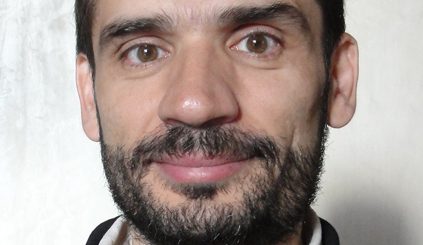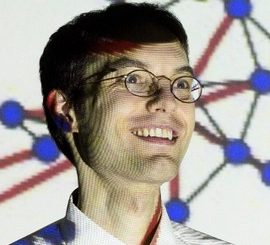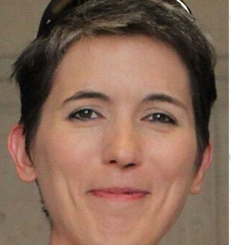Alberto Suárez (Escuela Politécnica Superior, Universidad Autónoma de Madrid)
The arrow of time: at the intersection of thermodynamics, machine learning, and causality
The arrow of time refers to the asymmetry in the evolution of physical systems. It is characterized by the second law of thermodynamics. This statistical law states that, in an isolated system, entropy cannot decrease with time and is constant if and only if all processes are reversible. Since microscopic dynamics are reversible, time’s arrow is an emergent property that is apparent only at the meso- and macroscopic levels, both of which involve loss of detail. Machine learning by automatic induction is also an asymmetric dynamical process in which the identification of patterns involves some information loss. The asymmetry of time plays a role also in causal inference: causes precede effects. Finally, causal explanations, which are ubiquitous in human reasoning, are key to rendering machine learning models interpretable. In this talk we will review recent work around these ideas to uncover relations between thermodynamics, machine learning, and causal inference that could provide fruitful insights into the emergence of meaning from raw data.



